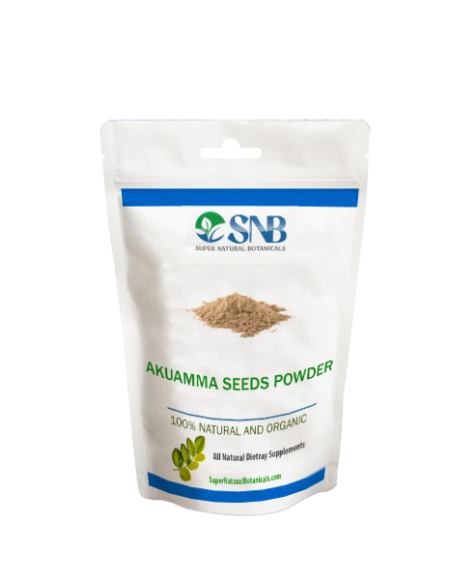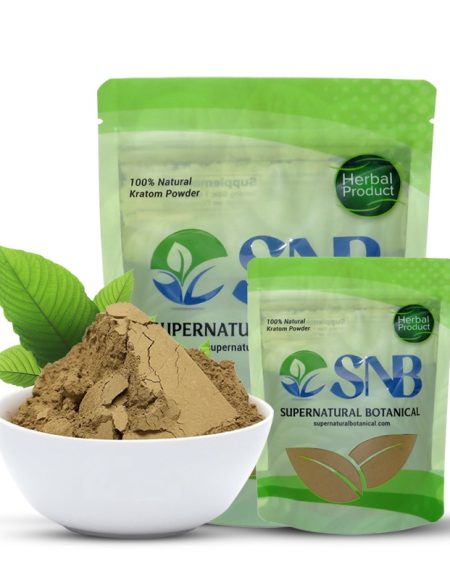Kratom has become a significant player in the wellness community, available in various health stores and online platforms. However, as its popularity grows, many users are concerned about how long kratom stays in their system, particularly when considering the potential impact of drug tests on kratom.
Kratom leaves contain potent alkaloids like mitragynine and 7-hydroxy mitragynine, which interact with the body’s natural receptors to produce various effects. Depending on the dosage, these effects can range from stimulating to soothing.
Table of Contents
Despite these benefits, it is important to understand how long kratom remains in your system for safe and responsible use. We will discuss here the factors influencing the duration of kratom’s effects and its detectability in the body to help our readers be well-informed and confident in their kratom journey.
How Long Does Kratom Stay in Your System?
Kratom effects duration in your system is influenced by various factors, such as kratom dosage, frequency of use, metabolism, and type of kratom consumed. Typically, the effects of kratom last between 2 to 6 hours, but its metabolites can remain detectable in the body for a longer period.
Now, we will discuss some of the important mechanisms of the human body that underlie how long Kratom stays in your system.
Urine
Kratom can be detected in urine for up to a week after use. For occasional users, it might be detectable for 3-5 days, while chronic users may have detectable levels for a longer duration. In blood, kratom’s active compounds, such as mitragynine and 7-hydroxy mitragynine, can be detected for about 24 hours after ingestion.
Blood
Kratom’s active compounds, such as mitragynine and 7-hydroxy mitragynine, can be detected for about 24 hours after ingestion. Blood tests, however, are not commonly used due to their shorter detection window compared to urine tests.
Saliva
Limited data is available on kratom detection in saliva, but it is generally believed to be detectable for up to 24 hours after use. Saliva tests are less reliable for kratom detection compared to urine and blood tests.
Factors Influencing the Duration of Kratom
The kratom effects duration can vary widely depending on several factors. It is important to understand these factors for users to manage their kratom consumption effectively.
Here we are going to discuss some of the significant key factors that influence the duration of kratom effects.
- Dosage and Potency
The amount of kratom consumed plays a significant role in how long its effects last. Generally, lower doses (1-5 grams) tend to produce more calming effects that last for about 60 to 90 minutes. On the other hand,moderate-to-high doses (5-15 grams) can have more calming effects that last for several hours. Higher doses (>15 grams) can result in extreme sedation and a loss of consciousness.
- Frequency of Use
The frequency of kratom use can impact how long its effects last. Regular users may develop tolerance to kratom. This is the reason they require larger doses to achieve the same effects. This can lead to longer-lasting effects as the body becomes accustomed to the substance.
- User’s Body Composition and Metabolism
Individual differences in body composition and metabolism can also affect the duration of kratom effects. People with faster metabolisms may process kratom more quickly which leads them to enjoy shorter-lasting effects. On the other hand, people with slower metabolisms may experience longer-lasting effects.
- Interaction with Food and Drink
Consuming kratom on an empty stomach may result in a quicker onset of effects, as there is less food in the stomach to slow down the absorption of kratom alkaloids. However, eating a meal before or after taking kratom can potentially prolong the effects of Kratom. This happens because already-present food delays the absorption of kratom into the bloodstream.
- Strain and Form of Kratom
Different strains and forms of kratom (e.g., kratom powder, kratom capsules, kratom extracts) may have varying potencies and durations of effects. Some strains may be more active, while others may be more relaxing and milder, leading to differences in duration.
- Individual Sensitivity
Each individual may react differently to kratom based on their sensitivity to its alkaloids. Some people may experience longer-lasting effects even with lower doses, while others may require higher doses for shorter durations of effects.
- Other Factors
Other factors such as overall health, hydration levels, and concurrent use of other substances (e.g., medications, drugs) can also influence the duration of kratom effects.
How To Manage Kratom Use for Optimal Benefits?
Managing kratom use effectively involves understanding the appropriate dosages, schedules, and tips for prolonging its effects, and maintaining safe practices while being aware of potential risks.
All this ensures users can gain the maximum benefits and minimize the adverse effects and dependency risks.
Recommended Dosages and Schedules
- Low Dosage (1-5 grams)
At a low dosage, kratom acts as a stimulant. Users experience increased energy, alertness, sociability, and focus. This dosage is ideal for those seeking mild energy or a slight mood boost.
- Moderate Dosage (5-15 grams)
Moderate doses of kratom produce sedative and analgesic effects. This range is suitable for individuals needing moderate discomfort relief or looking to calm their brain and body as well.
- High Dosage (15+ grams)
High doses of kratom can cause intense sedation and strong analgesic effects, which may be overwhelming and carry a higher risk of adverse effects. These doses should be approached with caution and are generally recommended only for experienced users seeking substantial relief.
How To Schedule Kratom’s Dose?
To avoid dependency, kratom should be used no more than 2-3 times per week. It’s also important to space out doses by at least 6-8 hours if taking more than once a day, which helps reduce the risk of tolerance and dependency.
Tips for Prolonging the Kratom Effects
- Taking kratom on an empty stomach can enhance its effects and speed up onset.
- Proper hydration is crucial for better absorption and prolonged effects.
- Avoiding high-fat meals around the time of consumption can prevent delayed onset.
- Some users find that substances like grapefruit juice or turmeric can enhance and prolong kratom’s effects, but these should be used cautiously.
- Rotating between different kratom strains can help avoid building a tolerance to a particular strain’s effects. This practice keeps the experience effective and reduces the need for higher doses over time.
Factors Affecting Detection Time of Kratom in Body
Let’s explore the variables that impact the duration kratom and its alkaloids remain detectable in the body. All of it contributes to how long kratom effects last in the human body.
Higher Doses and Frequent Use
Higher doses and frequent use can lead to a buildup of kratom in the system. Also, it contributes to the prolonging of the detection window.
Metabolism
Individuals with faster metabolisms will process and eliminate kratom more quickly than those with slower metabolisms.
Storage in Body Fat
Kratom’s alkaloids are lipophilic (fat-loving) and can be stored in body fat. Hence, they potentially extend the detection time and ultimately, the effects of Kratom last.
Hydration and Diet
Staying hydrated and maintaining a healthy diet can help flush out kratom metabolites more quickly. This ensures the effects of Kratom last.
Final Words
It’s crucial for everyone to understand the duration of kratom’s effects for safe and effective use. Beginning with the lowest effective dose and gradually increasing, if needed, is paramount to reducing the risk of adverse effects and dependency. It is also suggested to monitor your body’s response to different dosages and adjust accordingly for best results.
Regular use of kratom can lead to tolerance, necessitating higher doses for the same effects, and potentially resulting in dependency. Therefore, It’s vital to use kratom responsibly and be mindful of the risk of addiction. Seek professional help if you find yourself struggling with compulsive use or difficulty stopping kratom.
Kratom has the potential to interact with other medications or substances, so consult with a healthcare provider before use, particularly if you are taking other medications. Approach kratom use with caution, stay informed about its effects, and seek professional guidance if necessary to ensure a safe and beneficial kratom experience.
References:


Heather lives with her husband and two children in beautiful British Columbia. Her passion has always been to enhance the lives of others by helping them reach their own personal goals and accomplishments. Content management is her specialty, and writing is what she does best. Her love for helping others lead her to the cannabis and kratom scene, where she saw an immense gap between patients and medicine that can help them.





















Nobody smokes Kratom. Please stop.
Hey Todd, thanks for pointing that out. That was a content error from the writer and I’ve updated the article.